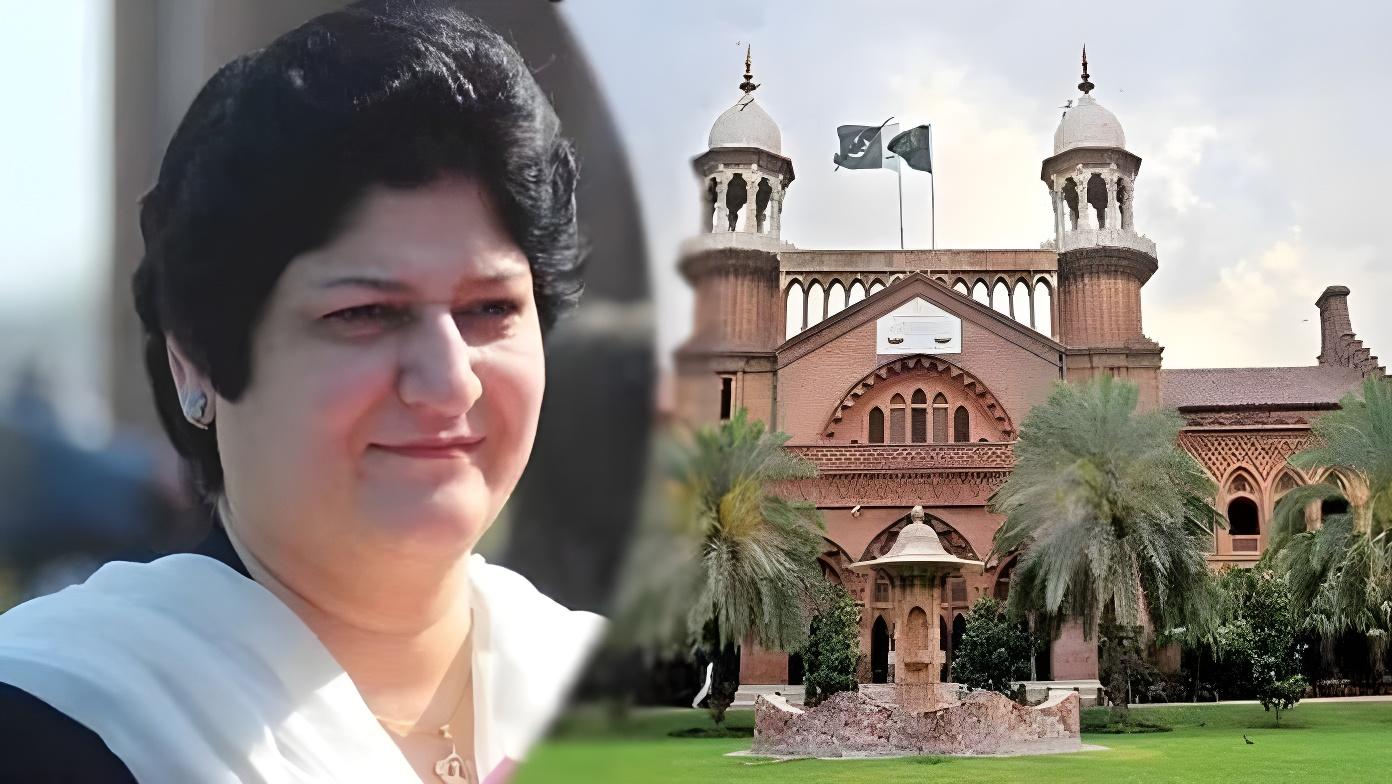“A woman is the full circle. Within her is the power to create, nurture, and transform.” – After a decade, the Lahore High Court (LHC) strengthens women’s representation in the judiciary with the appointment of Justice Abhar Gul Khan as an additional judge. She now joins Chief Justice Aalia Neelum as the second woman currently serving in the LHC.
Justice Abhar Gul Khan’s Journey
Born in Lahore in 1972, Justice Abhar Gul Khan pursued her LLB from Punjab University in 1995, followed by an LLM in 1998. Excelling in the judicial exam, she was appointed as a civil judge in 1999. Her efficiency in clearing a record backlog of cases earned her a cash award from then-Chief Justice Falaksher.
Her judicial career saw her rise through the ranks, serving as a senior civil judge, additional sessions judge, and sessions judge. Later, as a judge of the Lahore Anti-Terrorism Court, she presided over several high-profile cases, including the conviction of perpetrators in the Kasur child abuse scandal. Notably, she is the first civil judge to be elevated to the LHC, marking a significant achievement in Pakistan’s judicial history.
Women’s Presence in the LHC
Justice Aalia Neelum made history as the first woman Chief Justice of the LHC. Before her, a few women had served in the court, including Justice Fakhrunnisa Khokhar, Justice Nasira Javed Iqbal, and Justice Talat Yaqoob. However, some faced removal following the Al-Jihad Trust Case in 1996.
In recent years, Justice Ayesha Malik (2012), Justice Aalia Neelum (2013), and Justice Iram Sajjad Gul (2015) also joined the LHC, though Iram Sajjad was not appointed as a permanent judge.
Justice Abhar Gul Khan’s appointment is more than just a professional milestone; it’s a testament to perseverance and progress in Pakistan’s legal system. As the judiciary moves toward greater inclusivity, her journey stands as a beacon for aspiring women in law, proving that dedication and excellence can break long-standing barriers.


